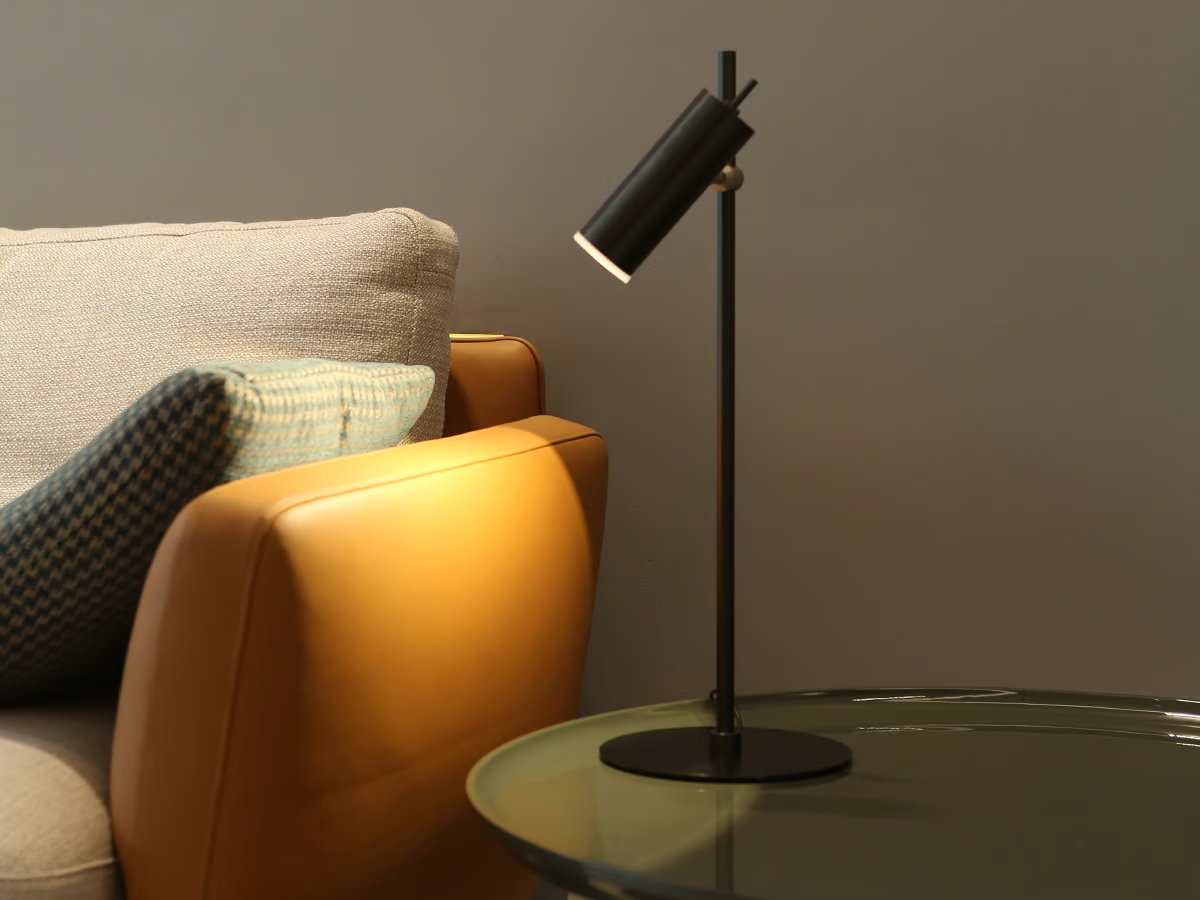When evaluating the adjustability of a reading lamp, consider how its design and features contribute to its functionality and convenience. Here are the key aspects to assess:
1. Adjustable Arm
- Description: Many reading lamps come with an adjustable arm that can be moved up, down, or sideways.
- Benefits: Allows you to direct light precisely where you need it, which is essential for reducing eye strain and enhancing reading comfort.
- Considerations: Check for the range of motion and stability of the arm to ensure it holds its position without sagging.
2. Flexible Neck
- Description: Some lamps feature a flexible or gooseneck design that lets you bend and position the light source at various angles.
- Benefits: Provides maximum flexibility for directing light precisely and can be adjusted to different heights and angles for optimal lighting.
- Considerations: Ensure the flexibility is sturdy enough to hold the desired position without drooping.
3. Height Adjustment
- Description: Lamps with height adjustment features allow you to raise or lower the entire lamp.
- Benefits: Useful for adapting to different reading positions or for adjusting the light intensity based on the distance from the reading material.
- Considerations: Look for smooth and secure height adjustment mechanisms that lock in place.
4. Dimmer Function
- Description: A dimmable lamp allows you to adjust the brightness level.
- Benefits: Provides control over light intensity, enabling you to set the ideal brightness for different tasks and times of day.
- Considerations: Check if the dimmer function is easy to use and if it offers a sufficient range of brightness levels.
5. Light Direction Control
- Description: Some lamps offer the ability to tilt or swivel the light head.
- Benefits: Helps in directing light precisely and adjusting the focus for different reading or working positions.
- Considerations: Ensure that the light head maintains its position after adjustments and that the mechanism is smooth.
6. On/Off and Light Control
- Description: The method of controlling the lamp’s operation and light settings.
- Benefits: Touch controls, rotary switches, or remote controls can enhance convenience and ease of use.
- Considerations: Look for intuitive controls that are easy to operate without disrupting your reading.
7. Stability and Build Quality
- Description: The overall stability of the lamp and the build quality of the adjustable parts.
- Benefits: A well-built lamp with stable joints and connections will maintain its adjustability and provide consistent performance.
- Considerations: Check for robust construction to ensure the lamp does not wobble or collapse when adjusted.
Summary
When assessing the adjustability of a reading lamp:
- Adjustable Arm: Provides directional control for precise lighting.
- Flexible Neck: Allows for bending and positioning the light source.
- Height Adjustment: Offers versatility in lamp placement and light intensity.
- Dimmer Function: Enables control over brightness levels.
- Light Direction Control: Lets you tilt or swivel the light head.
- On/Off and Light Control: Considers ease of operation and convenience.
- Stability and Build Quality: Ensures the lamp remains stable and durable during adjustments.
Choosing a lamp with these adjustable features will help you achieve optimal lighting conditions for comfortable and effective reading.

